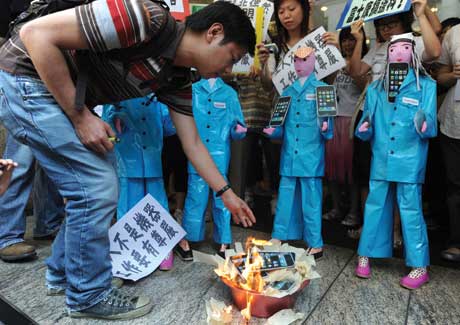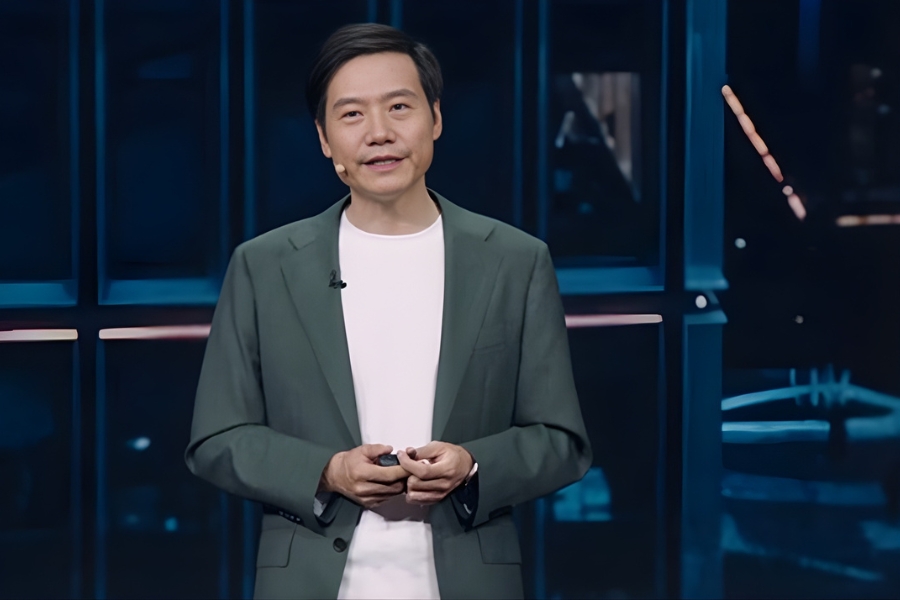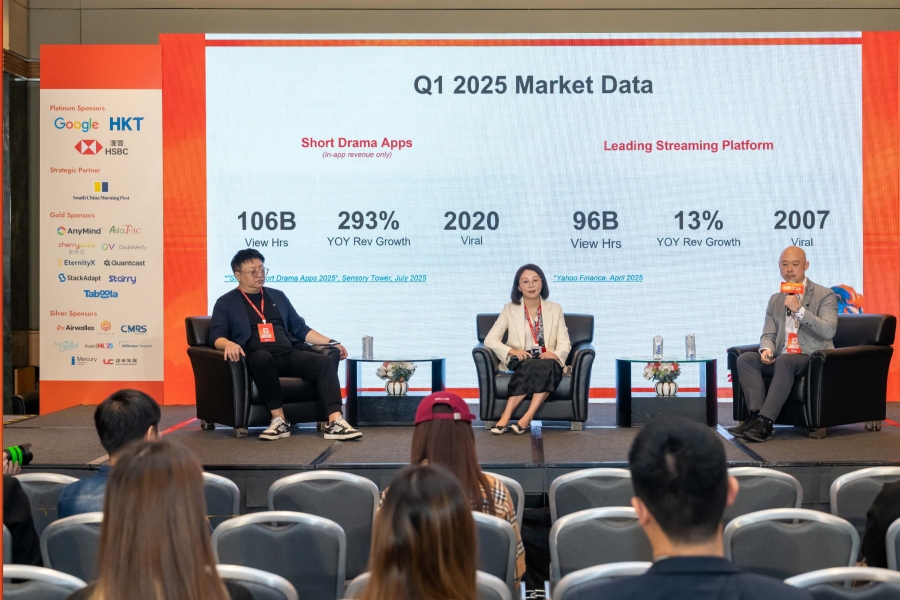The recent spate of suicides at the Foxconn factory in China hit the news worldwide. Eleven of the company's employees have killed themselves, allegedly because of poor and stressful working conditions and the story reignites the Asian sweatshop controversy of the late 1990s, that so affected brands such as Nike and adidas.
The companies who use the Foxconn factory - Apple, Dell and Hewlett-Packard (HP) - must be concerned that the issue might tarnish their brand images. Or is the Nike/Foxconn comparison too simplistic?
David Wolf, president and CEO of Wolf Group Asia, thinks so. "The Foxconn issue is a different beast to what happened with Nike. That was a case of a foreign company using small, low-cost providers and ignoring workers' conditions," he says. "Foxconn, on the other hand, is a US$154 million company. The onus falls on it, rather than its customers, to sort it out."
It seems Foxconn understands the need to take responsibility. Last week it announced a second pay rise for its frontline workers. The group said it would offer a 66 per cent performance-related pay rise from 1 October, on top of the 30 per cent wage increase announced in May.
In addition, Foxconn has called in Buddhist monks and psychiatrists to offer counselling.
But, even if Apple, Dell and the other companies that benefit from Foxconn workers aren't directly culpable, surely they will suffer as they are closer and more visible to the consumer.
"Apple says they have teams investigating the situation and that's a good first step to show that they care," says Ben Cavender, associate principal, China Market Research Group.
Likewise Nintendo, Sony, Nokia and HP are looking into Foxconn's working practice with Dell saying it's trying various means to have the supplier execute relevant standards.
Wolf agrees Foxconn's customers will be worried about the issue exploding further. "Until now, news of the BP oil spill in the States has prevented it getting as big as it could have. They need to end it now and they will remain in good shape."
However, some argue too much is being made of the suicides. The company employs more than 540,000 people and its suicide rate is far below the national average, which is 12 people per every 100,000, according to China's Ministry of Health.
One industry source says that unhappy Foxconn workers aren't short of other job options. "There's a labour shortage," he asserts. "Companies in Guangdong Province are desperate for workers. If Foxconn employees really wanted more pay and better conditions, they could find a job elsewhere."
He also points out that far from being sweatshops, the Foxconn factories, complete with swimming pools, movie theatres and restaurants, are modern, clean and efficient.
Perhaps the real news to have come from the Foxconn issue is that the days of cheap labour in China may be coming to an end. "Wages will continue to rise at Chinese factories and it's becoming increasingly difficult for factories to find staff willing to work at current rates," says Cavender.
He points to the fact companies are already planning moves to other emerging manufacturing centres such as Vietnam because of rising product costs in China. That doesn't mean the country will stop being an important manufacturing centre, it's rather that instead of being the low-cost provider it currently is, China will need to develop new competitive advantages.
This article was originally published in the 17 June 2010 issue of Media.











